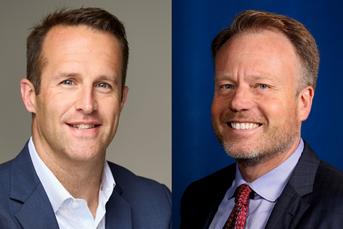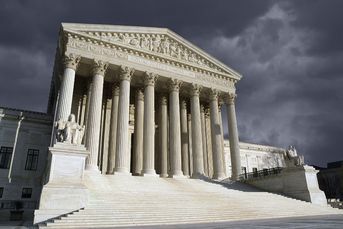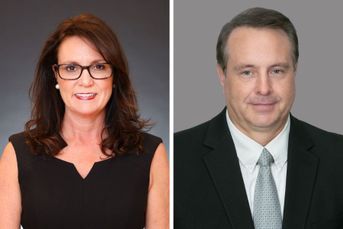Small employers don’t know the tax perks for starting 401(k)s

There are incentives of up to $5,000 to start plans, but many business owners don't take advantage of that, EBRI found.
Small-business owners are mostly in the dark about the tax incentives they could be getting for starting up retirement plans, new research shows.
Since many of them will soon be required to either offer 401(k)s to their employees or enroll them in state-sponsored automatic IRAs, their financial advisors have an opportunity to show them what options are available.
Nearly three-quarters (72 percent) of small business owners who don’t currently offer retirement plans said they didn’t know about federal tax incentives of as much as $5,000 to start such plans, according to data published Monday by the Employee Benefit Research Institute.
But that doesn’t mean they aren’t interested. The majority, 78 percent, indicated that the tax credits would be a favorable perk.
“There are a lot of people who didn’t even know it was being offered,” said Craig Copeland, director of wealth benefits research at EBRI. “There is a lack of knowledge of policies, regulations, or potential avenues to add these plans that small employers are not well aware of.”
As numerous states follow the examples of Oregon, Illinois and California and roll out auto IRAs, small businesses will have to be aware of their responsibilities under new laws. States coming out with new programs usually require employers to either enroll workers in the state’s IRA or offer their own retirement plan, like a 401(k).
States expect that their programs will expand retirement plan coverage through both of those avenues. So far that appears to be panning out. Research published in late 2022 by Pew showed that Oregon, Illinois and California had higher rates of private retirement plans being established than before their programs went into effect. Combined, those states saw average growth in the number of new plans of 35 percent in the year following the launches of their auto IRAs. And plan startups remained higher than usual in the years after that, Pew found.
The recent survey by EBRI, which was conducted in conjunction with the Center for Retirement Research at Boston College and Greenwald Research, backs that up. A key finding was that small-business owners who don’t offer retirement plans said that auto IRA programs and coverage requirements would make starting a private 401(k) more attractive. The survey, conducted between February and April 2023, included 703 businesses with 100 or fewer workers. Of those, 323 offered retirement plans and 380 did not.
But just because it might seem more attractive to start a private plan doesn’t mean employers would do that as opposed to enrolling workers in auto IRAs, Copeland said.
“It would cause them to think about it. The issue is that they’re going to have to do something,” he said. Part of the reason why employers might find alternatives to auto IRAs appealing is that since they have to go through the process of starting up payroll systems to allow for auto IRA contributions, it isn’t much more work to go with a traditional 401(k), he said.
That’s not been lost on retirement plan providers, many of which have been establishing themselves in the relatively new and rapidly growing pooled employer plan market. Although employers can benefit from starting up retirement plans because of increased worker satisfaction and being able to use the 401(k) as a recruiting tool, PEPs providers also expect to see growth because of coverage requirements in states with auto IRAs.
For advisors who don’t work with 401(k)s or having retirement plan specialists on their teams, there is some opportunity to help small-business owner clients.
“That’s still an area that seems to be ripe for more outreach and potential clients,” Copeland said.
The smallest businesses, those with fewer than 10 employees, are the least likely to offer plans and are also the least aware of the tax incentives for starting plans, EBRI found.
Commission-free annuity transactions are on the rise. Here’s why
Learn more about reprints and licensing for this article.








